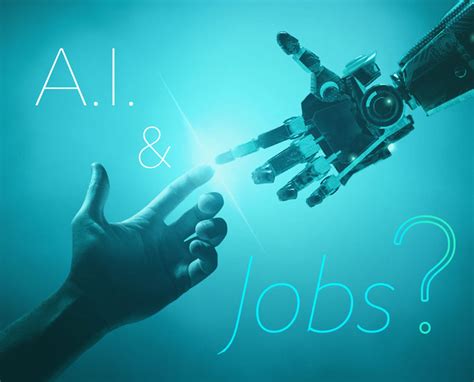The rise of artificial intelligence (AI) has sparked intense debates about the future of work, with some suggesting that AI could significantly reduce the number of traditional jobs. The recent comments by the Chief of Staff at Anthropic underscore this issue, forecasting a dramatic shift in the employment landscape over the next few years. Despite such bold predictions, the conversation about AI’s impact on employment is far from settled, reflecting a divide between optimistic technological aspirations and practical economic realities.
One major point of contention is the notion that AI will eliminate all jobs. Critics argue that this perspective often overlooks the deeply human elements that drive much of our economy. The economy is not solely driven by efficiency; factors such as hype, social pressures, and personal interests play a significant role. This means that certain sectors, particularly those centered around human interaction and entertainment, may not be as vulnerable to automation as others.
A significant shift anticipated by some commentators is towards an attention-driven economy. This would involve a pivot from traditional jobs to roles based on content creation and entertainment. As more basic needs are met through technological solutions, the argument goes, the economy will increasingly focus on capturing and maintaining human attention. This transition could mean more jobs in creating content for platforms like YouTube and Instagram, but it also raises questions about the potential saturation of these markets and the sustainability of such roles.
However, the prospect of an attention-driven economy is not universally welcomed. Some critics view this scenario as dystopian, emphasizing that not everyone has the creativity or charisma required to thrive in entertainment-based roles. Moreover, the market for such jobs may already be oversaturated, with endless content available to cater to even the most niche tastes. This highlights a looming challenge: how can the economy support a demographic shift towards jobs that are inherently limited in scope and opportunity?
Another layer of complexity is added by the issue of AI-generated content. AI influencers and content creators are rapidly gaining followers, sometimes surpassing real human creators in popularity. This trend raises concerns about the authenticity of connections people feel with content creators. While human creators build their followings based on relatability and charisma, AI can replicate surface-level interactions without genuine emotional investment. For some, this could lead to a future where AI dominates online spaces, potentially spreading misinformation at an unprecedented scale.
Critics also highlight the potential inequalities exacerbated by a shift towards AI-driven economies. AI tools could make it easier for large corporations to maintain dominance, potentially reducing the need for human workers in various sectors. This could exacerbate existing economic disparities, leaving many without viable employment options. While some propose that universal basic income (UBI) could cushion this transition, the implementation of such measures remains highly contentious and complex.
Moreover, there’s an argument to be made about the reliability and general capabilities of current AI systems. As it stands, contemporary large language models (LLMs) and AI tools still require significant oversight and validation from humans. There are frequent instances where AI outputs are incorrect or misleading, indicating that we are not yet at a point where AI can fully replace even straightforward tasks without human intervention. This casts doubt on the feasibility of AI handling more nuanced and complex job functions.
Despite these challenges, some commentators adopt a more optimistic view, suggesting that AI could enhance productivity without necessarily leading to mass job losses. For example, AI could automate routine tasks, freeing up human workers to focus on more creative and strategic roles. Additionally, the evolution of AI might spur new industries and job categories that we can’t yet fully envision. In this scenario, AI becomes a tool that complements human labor rather than replaces it entirely.
Ultimately, the debate about AI and the future of work underscores a broader conversation about the kind of society we want to build as new technologies emerge. Whether AI will lead to a utopian scenario where humans are free to pursue creative endeavors or a dystopian reality where economic disparities widen is still up for debate. What remains clear is that navigating this transition will require careful consideration of both technological capabilities and the social and economic structures that underpin our communities.


Leave a Reply